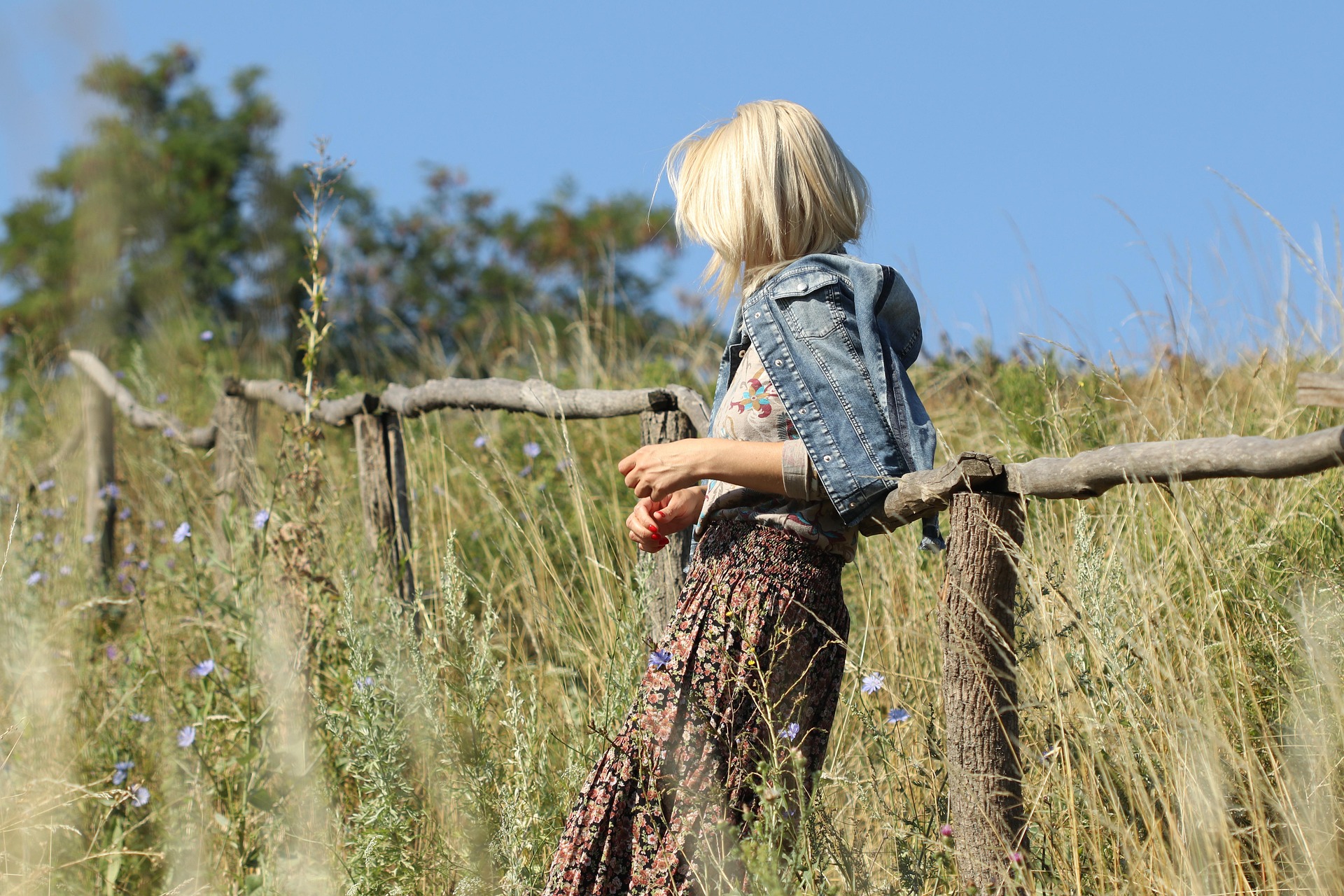Why you should consider volunteering in the Caribbean
The Caribbean, with its stunning beaches and vibrant culture, is known worldwide as a premier vacation destination. However, beyond the tourist façade lies a region with complex challenges and remarkable resilience. Volunteering in the Caribbean offers a unique opportunity to experience these islands from a different perspective while making a meaningful contribution to local communities. This immersive experience combines cultural exchange, personal growth, and the chance to address pressing social and environmental issues affecting this diverse region.

The Benefits of Volunteering in the Caribbean
Volunteering in the Caribbean provides benefits that extend well beyond the obvious reward of helping others. First, it offers cultural immersion that no tourist experience can match. By working alongside locals, you gain authentic insights into Caribbean life, traditions, and perspectives. Many volunteers report forming deep connections with community members that last long after their service ends.
Personal growth is another significant advantage. Volunteers often develop new skills, from construction techniques to teaching methodologies, depending on their project focus. The experience pushes you outside your comfort zone, building resilience and adaptability. Many returning volunteers cite increased confidence, improved problem-solving abilities, and enhanced cross-cultural communication skills as lasting outcomes of their Caribbean service.
Professional development opportunities also abound. For students and young professionals, international volunteer experience demonstrates initiative, global awareness, and dedication to service—qualities highly valued by employers and academic institutions alike. For established professionals, volunteering can provide a refreshing perspective shift and the chance to apply existing skills in new contexts.
Types of Volunteer Opportunities in the Caribbean
The Caribbean offers diverse volunteer opportunities, catering to various interests, skills, and time commitments. Environmental conservation projects are particularly prevalent. These include marine conservation initiatives focusing on coral reef restoration, sea turtle protection, and ocean cleanup efforts. Terrestrial conservation programs target reforestation, wildlife protection, and sustainable agriculture practices to combat the effects of climate change that disproportionately impact island nations.
Education-focused volunteering is also widely available. Teaching English, computer skills, or other subjects in local schools helps address educational gaps while providing volunteers with rewarding classroom experience. After-school programs and sports initiatives engage youth in positive activities while building confidence and essential life skills.
Community development projects address infrastructure needs through construction and renovation work. Volunteers might help build or repair homes, schools, or community centers damaged by hurricanes or suffering from neglect due to limited resources. Healthcare outreach programs bring medical and dental services to underserved areas, with opportunities for both medical professionals and those without specialized training who can assist with logistics and education.
Disaster relief volunteering becomes critical following the hurricanes that frequently devastate Caribbean islands. These short-term, intense volunteer experiences focus on immediate needs like debris removal, temporary shelter construction, and distribution of essential supplies.
The Challenges Faced by Local Communities
Understanding the challenges Caribbean communities face is essential for effective volunteering. Economic vulnerability tops the list, as many islands depend heavily on tourism, an industry susceptible to global economic fluctuations and increasingly affected by climate change. High unemployment rates and limited economic diversification create persistent poverty cycles in many areas.
Environmental threats pose existential challenges. Rising sea levels, increasingly powerful hurricanes, coral bleaching, and coastal erosion directly impact communities whose livelihoods depend on natural resources. Plastic pollution damages marine ecosystems crucial for both tourism and local fishing industries.
Infrastructure limitations compound these challenges. Many communities struggle with inadequate healthcare facilities, educational resources, and basic utilities like reliable electricity and clean water. Following natural disasters, these already strained systems often collapse entirely, requiring extensive rebuilding efforts.
Social challenges include access to quality education, particularly in rural areas where schools may be understaffed and under-resourced. Healthcare accessibility varies dramatically across and within islands, with remote communities facing particular difficulties receiving consistent medical care.
Preparing for a Caribbean Volunteer Experience
Effective volunteering requires thoughtful preparation. Research potential organizations thoroughly, looking for those with established relationships with local communities and transparent operations. The best programs emphasize sustainable impact and community involvement in decision-making rather than short-term, superficial interventions.
Cultural sensitivity is paramount. Take time to learn about the specific island’s history, customs, and etiquette before arrival. Understanding the context of colonialism, economic exploitation, and resilience that shapes Caribbean societies will enhance your contribution and experience.
Practical considerations include health preparations (vaccinations, travel insurance), packing appropriately for the climate and work conditions, and budget planning. While volunteering typically costs less than standard tourism, expenses for transportation, program fees, and daily living still require careful consideration.
Language preparation can significantly enhance your experience. While English is widely spoken throughout much of the Caribbean, learning basic Spanish, French, Dutch, or Creole phrases (depending on your destination) demonstrates respect and facilitates deeper connections with community members.
Finding the Right Volunteer Program
Selecting a reputable organization is crucial for ensuring your efforts genuinely benefit local communities. Research extensively, reading reviews from past volunteers and investigating how programs allocate resources. Organizations with long-standing community partnerships and locally-led initiatives typically create more sustainable impact than those parachuting in with external agendas.
Consider time commitment realistically. Short-term projects (1-2 weeks) can be meaningful if well-structured, but longer commitments (1-3 months) often allow for deeper community integration and more substantial contributions. Be honest about your availability and skills when applying.
The right program should match your skills with community needs. A background in education makes teaching positions natural fits, while construction experience translates well to building projects. However, many organizations also provide training for motivated volunteers without specialized skills.
Conclusion
Volunteering in the Caribbean offers a powerful alternative to traditional tourism—one that benefits both visitors and host communities. By engaging with local challenges, sharing skills, and building cross-cultural connections, volunteers gain profound personal and professional growth while contributing to community resilience. Though not without complexities and challenges, thoughtfully approached Caribbean volunteering creates lasting positive impacts that extend far beyond the duration of service, fostering global citizenship and meaningful cultural exchange in our increasingly interconnected world.




